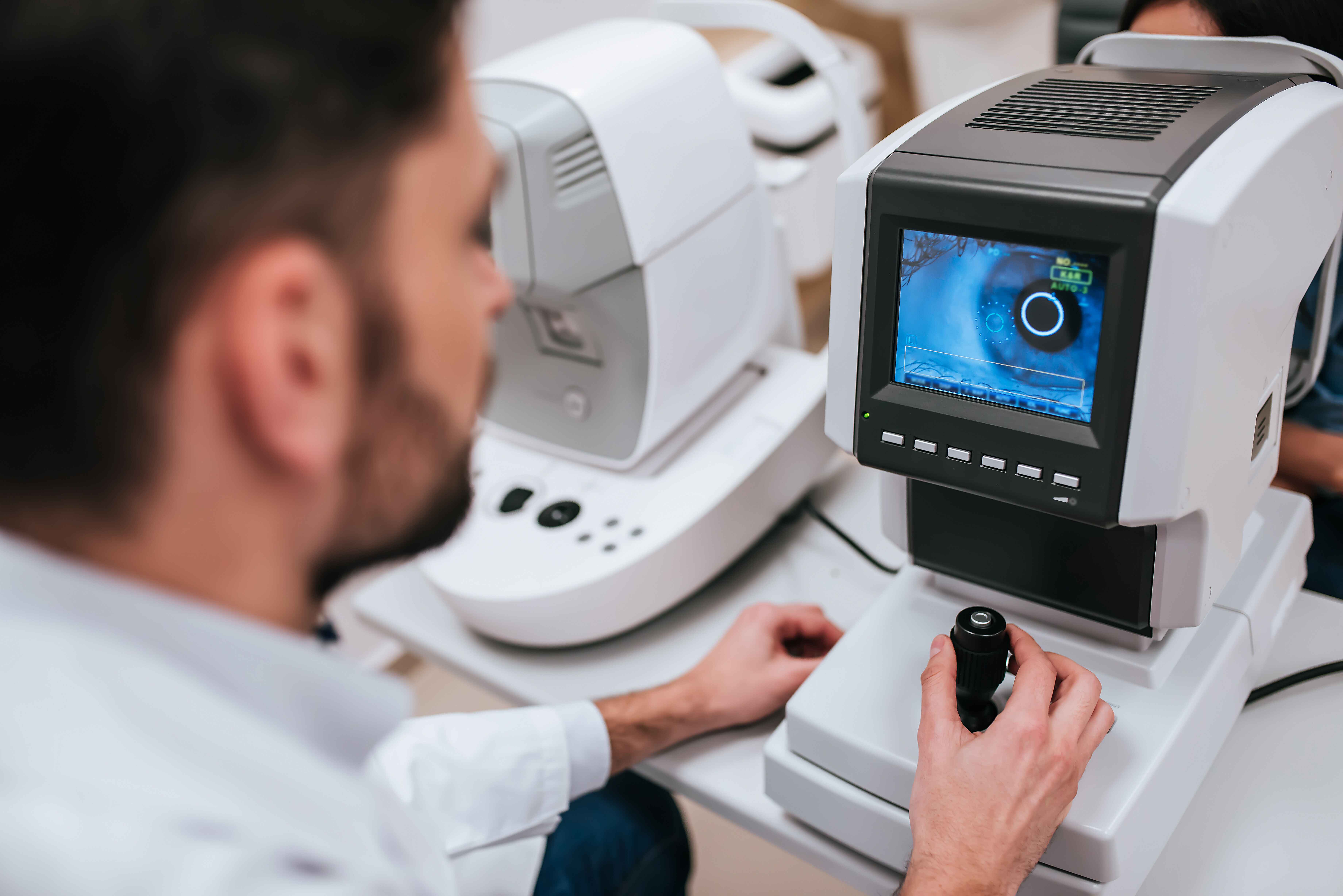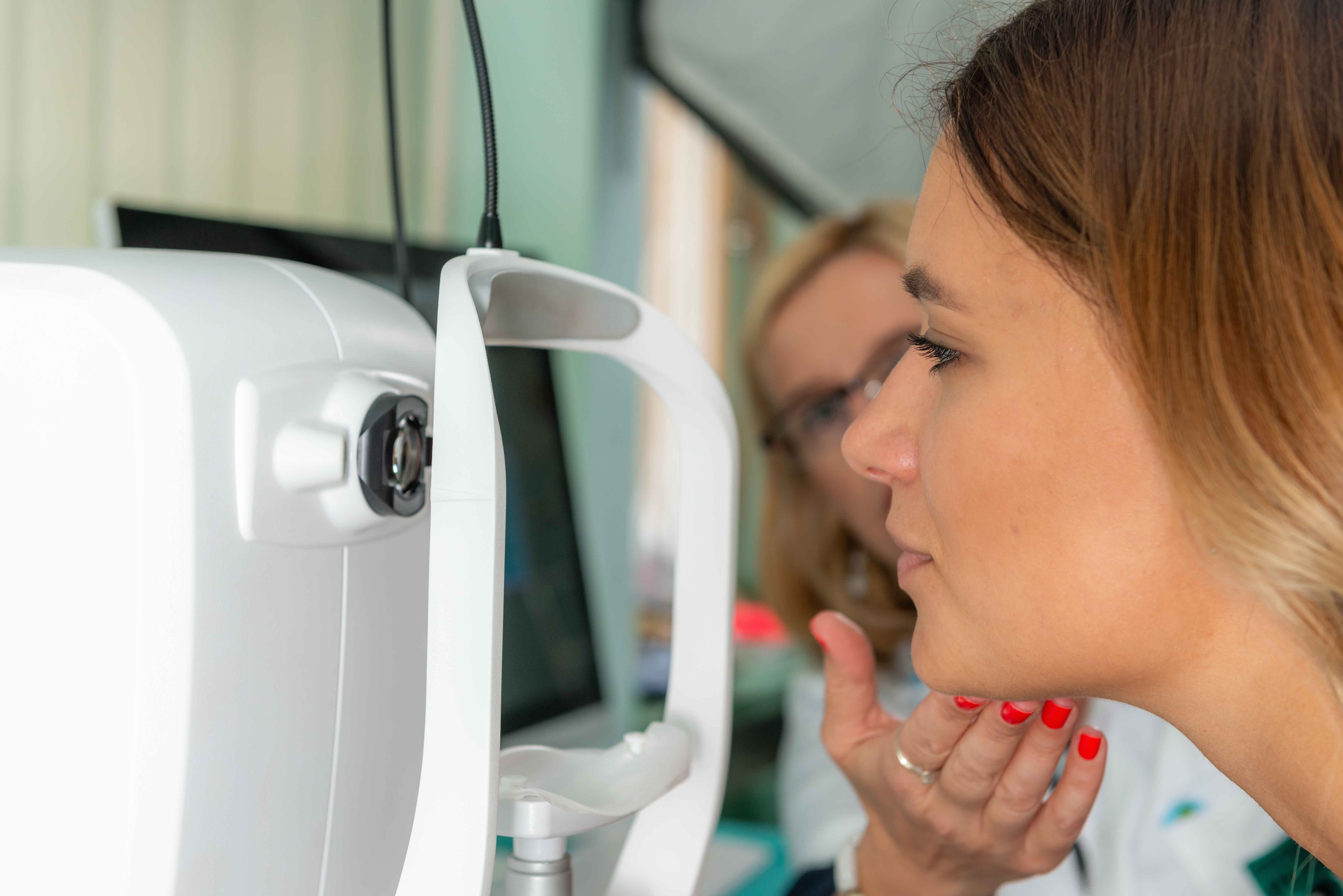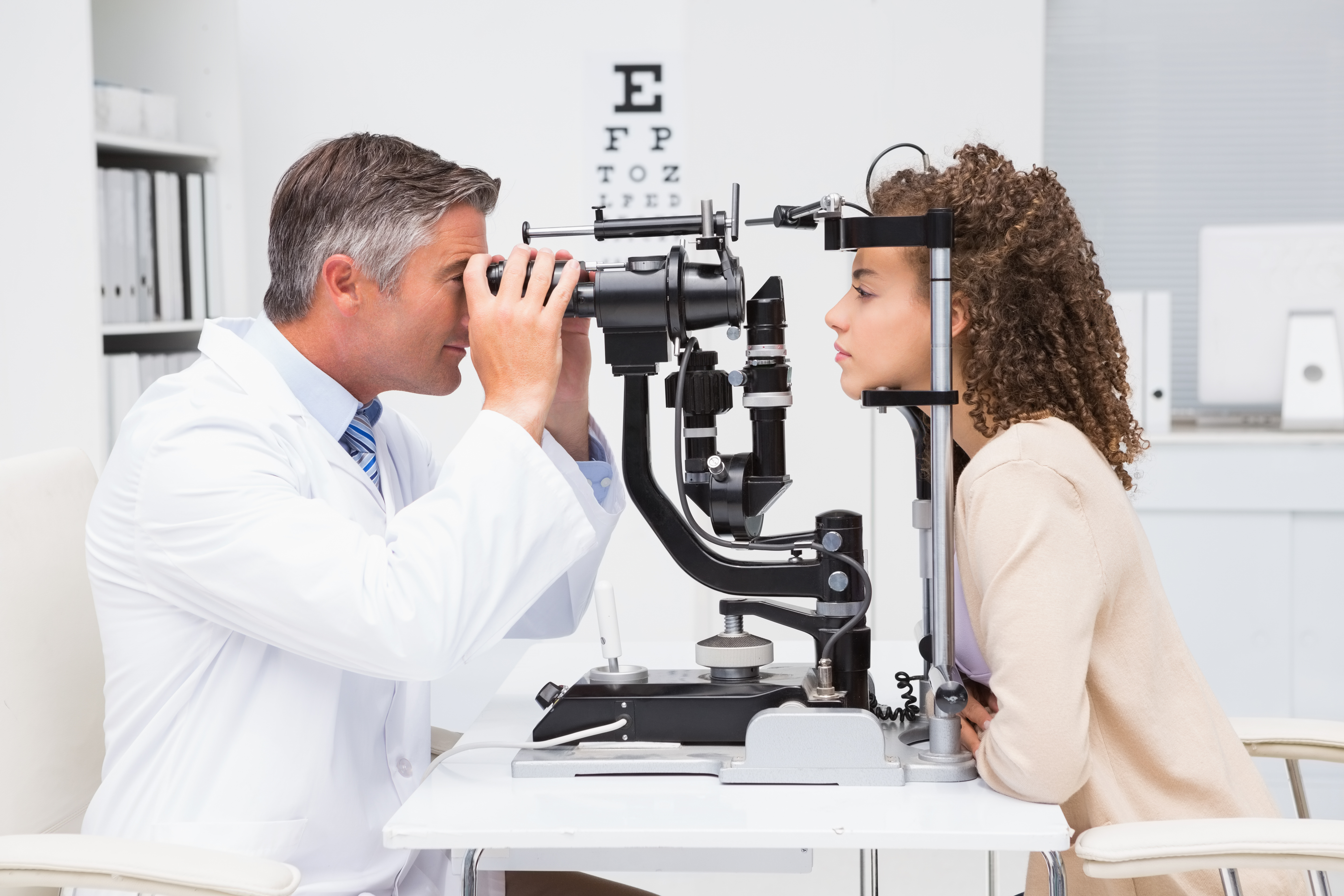Table of Contents
Your health needs change with age, including your eye health. For seniors, keeping up with annual eye exams and addressing eye health issues early is crucial.
Here is how vision plans can make eye health plans more accessible for seniors and others.
Why Seniors Need Vision Plans
More than a quarter of Americans aged 71 or older have some form of vision impairment. Age-related macular degeneration is the leading cause of vision loss, but diabetic retinopathy, glaucoma, retinal detachment, and other issues are also more likely to appear.
As a broker, there is an opportunity to address these unique needs by educating seniors about vision plans and the importance of regular check-ups. Medicare doesn’t cover routine eye exams or most eye health services, and shopping for supplemental insurance can be challenging.
The U.S. population is aging, with the median age reaching 38.9 years in 2022. Focusing on aging adults is a sound strategy for offering unique value and growing your business.
You can achieve these goals by offering vision plans that empower patients to keep up with recommended annual eye exams and treat issues early.
Age-Related Vision Issues and the Need for Regular Care
Scheduling regular check-ups typically results in the early detection of eye health issues. Optometrists can also assess each patient’s unique risks, recommend nutrition and lifestyle changes, and track how eye health issues evolve.
Educating patients about age-related vision issues and why regular care matters is a great first step for showing the value of vision plans.
Macular Degeneration
The macula is the part of the eye that processes central vision. With age, the macula can become damaged, making it difficult to drive or recognize faces. Macular degeneration is the leading cause of vision loss in seniors, but it’s possible to manage it with lifestyle changes, medication, or surgery.
Cataracts
More than 50% of Americans over the age of 80 have cataracts. This condition appears when the eye lens becomes cloudy due to proteins breaking down. A professional can check for early signs during a dilated eye exam and create a treatment plan to reduce discomfort and preserve vision.
Glaucoma
Glaucoma is a group of eye health conditions caused by a damaged optic nerve. Glaucoma rarely causes symptoms at first, but an early diagnosis can stop the progression of this condition.
Diabetic Retinopathy
Diabetic retinopathy is a complication of diabetes. Screening for diabetic retinopathy is an important step in helping patients manage their diabetes and can even lead to an early diabetes diagnosis in patients who are unaware of their condition.
How Seniors Can Benefit From Vision Plans
For seniors, a vision plan should include a wider range of services that reflect the increased risks of developing an eye health condition.
As a broker, you can help seniors pick a plan tailored to their needs. Discussing pre-existing health conditions and family history can lead to personalized eye care recommendations that reflect a patient’s unique risks.
Even if a senior is in good health, a vision plan is crucial for keeping up with annual exams, ensuring an early diagnosis if an issue appears, and making treatment options accessible. Besides providing patients and their families peace of mind, vision plans improve eye health outcomes and cost savings.
Connecting Seniors to Vision Plans
The risks of developing an eye health condition increase with age, making a comprehensive vision plan more important than ever. As a broker, you can make a difference by educating your audience about changing health needs linked to age and presenting vision plans as a solution.
Vision Care Direct of Oklahoma can help you expand your product portfolio with a selection of prepaid vision plans with negotiated cost savings. Look at our broker resources to learn more about our vision plans.





















































